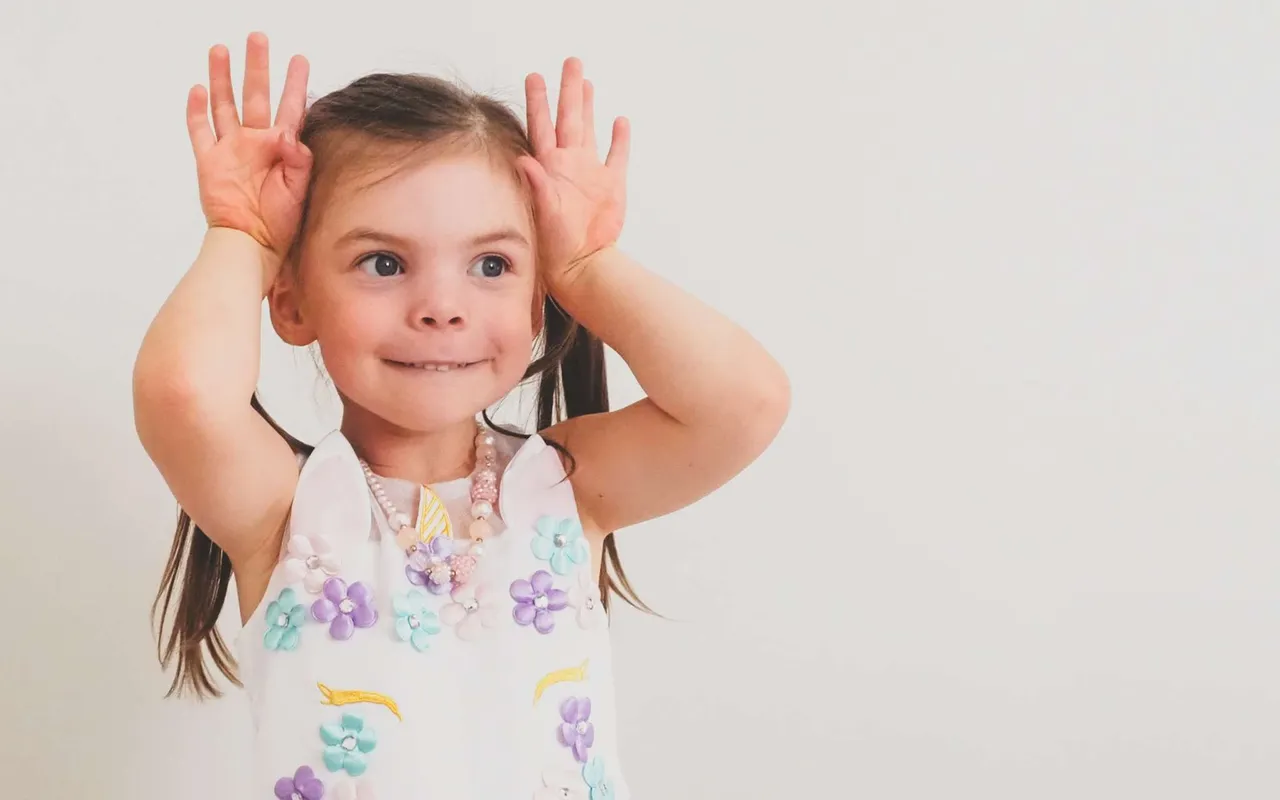If it was just me, I might not care about any of this.
This was how I finished my article on earning for opportunity and it got me thinking about how we are changing culturally. The birthrate is declining rapidly in most countries on earth, and social problems are on the rise, as community conditions degrade. We are more materialistic, impatient, self-centred and disconnected than ever, and we pay strangers to provide for us, never knowing or caring about who they are, or the conditions they face. We favor instant gratification over delayed satisfaction, and we want everything now.
So the question is:

Do people without children, care less about the future?
This is not a "you don't understand if you don't have children" type of question, it is far more practical than that, because to care about the future might require seeing a future to care about. It could be that those with children are more like me, where a lot of what I do is to provide some set of conditions and experiences for my daughter, even if I am not around to see the outcomes. Having a child provides a purpose to behavior, affecting decisions that extend beyond my own immediate needs, or what I will need in my lifetime.
If I didn't have children, perhaps I would be more consumptive and what I would do and buy, wouldn't have to have longevity, because I wouldn't be thinking about passing it along to anyone. Maybe, that lack of responsibility for another human, would translate into a lack of responsibility for all humans.
For instance, it would be interesting to see what kinds of people build real-world communities and what kinds of communities they are. Are the groups that look to improve society made up of predominantly childless individuals, or is it those who have or plan to have children? The "best" for our child is often seen from a financial perspective, but it also should consider the fabric of society and the culture the child is going to be exposed to and interact with. This means that the type of community also matters, as it is this that provides opportunity and stability across the wide spectrum of needs.
And, at least from my own experience, people with children get less choice with who they interact with, so there is more diversity in interaction. For instance, in the article linked, I wrote about a family that was economically challenged, a family that was comfortable, and my own - three different family units that might not interact otherwise, but are brought together by the children being friends at school. This gives each unit some level of insight and potential for reflection on the conditions of others and may influence changes in future decisions.
Maybe having children takes us out of our boxes in some way, and forces us to consider the world from different perspectives, as what we do and where we go, as well as who we interact with gets considered under the "is it suitable for my child" to experience this. A parent thinks about what their child is exposed to and is often filled with fear that they are going to do damage or, they are not going to do enough. As I mentioned in a comment yesterday, a lot of publicity is put on parents who work too much, yet as far as I have seen, almost none is put on parents who work too little. Which is worse for the child?
Parents often also face a lot of tough decisions that they have to make for others. And often, it will come down to sacrifice for the child, while the parent goes without. A parent isn't free to do what they want, because they have someone completely relying on them to provide, food, shelter, clothing and everything else they might need, including love. And that bond of love can soften the blow of personal sacrifice, and even change it into something empowering.
Perhaps being a parent increases resiliency?
I have my own suspicions that the changes to our culture around having kids is going to heavily and negatively impact on our communities, but I may be wrong. However, at least at a personal level, children provide a continuity through family, and tend to give a sense of continuance past an individual life. How this affects those who don't have children now, or will be raised in a culture that has devalued parenting, it is hard to say.
It might not be a problem at all. It might just be me.
Taraz
[ Gen1: Hive ]